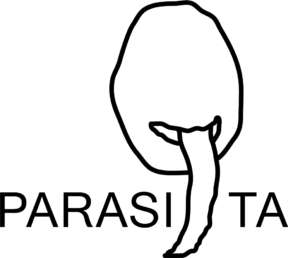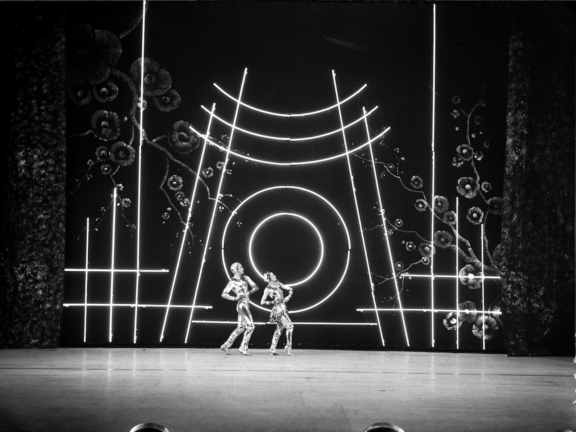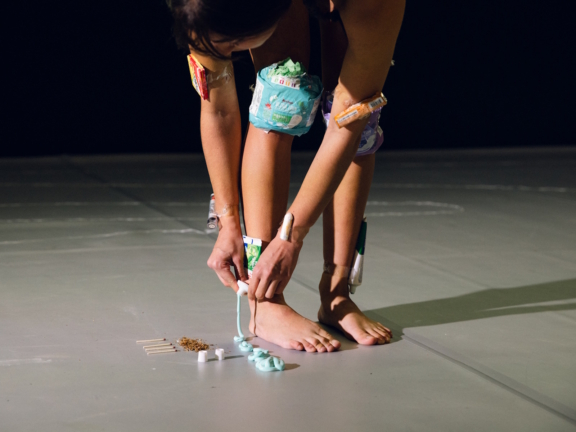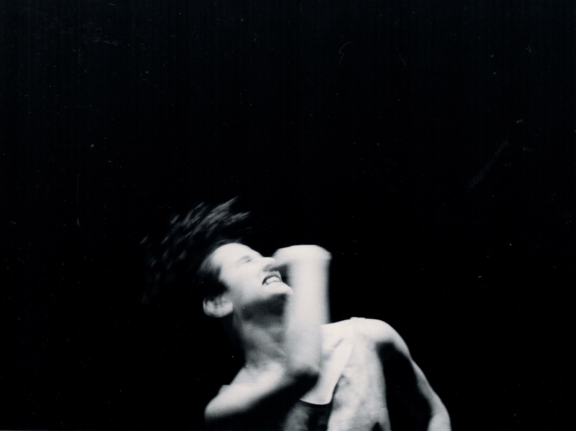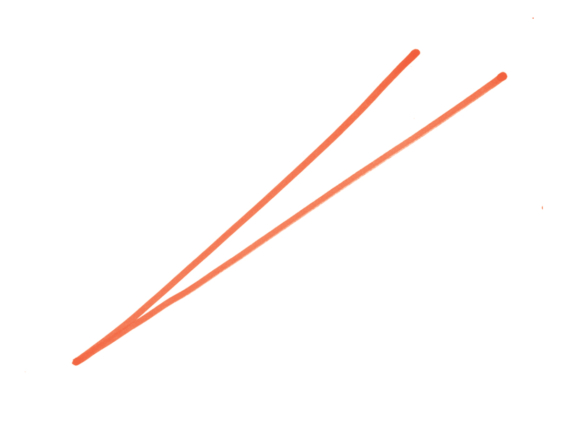
dance not dance
Archaeologies of new dance in Portugal
Event Slider
Date
- Closed on Tuesday
Location
Lower Gallery Calouste Gulbenkian FoundationPricing
- Free admission
As the result of a long collaborative research, this exhibition is curated through a process of gathering various archival materials (audiovisual records, photographs, posters, publications, ephemera, scores…), framed within a comprehensive view of social and cultural shifts and discussions regarding what constitutes dance.
Curated by João dos Santos Martins, Ana Bigotte Vieira, Carlos Manuel Oliveira and Ana Dinger, the exhibition brings to a close a two-year programme divided into three axes, including a cycle of (re)performances, films and talks, and a book-catalogue. Each of these axes covers the 20th and early 21st centuries, problematising linear representations of time in their own way, echoing the others and showing dances and their histories from different perspectives.
If the New Dance of the late 1980s and early 1990s is a moment, as André Lepecki says, when ‘dancing bodies reflecting the nervousness of history’ emerge, this exhibition takes it as a starting point to interrogate that nervousness through experiences that alter what is understood by dance and destabilise notions of the body (and its representations) in society.
Throughout the seven rooms that make up the gallery, there are dances that, on the one hand, circumscribe the desire to create a dance culture and, on the other, a desire for renewal. In both cases, they give an account of the historical moments in which their embodied experience takes part, often exposing their contradictions. Questioning the transmission of history and the transmission of dance, the exhibition is extended into a book and a programme of revisits and new choreographic works. As a whole, dance not dance materialises different modes of investigation – of works, wills, contexts and conditions of possibility – in order, with the dances and the sensitive attention they imply, to traverse the nervousness of history.
dance not dance corresponds to the seventh edition of the project For a Timeline to Be – genealogies of dance as an artistic practice in Portugal, started in 2016 by Ana Bigotte Vieira and João dos Santos Martins, which seeks to investigate the New Portuguese Dance and map the histories of dance that remain absent from the narratives of art history and cultural history in the country.
Credits
Curatorship, investigation and edition
Ana Bigotte Vieira
Ana Dinger
Carlos Oliveira
João dos Santos Martins
Artistic direction and coordination of the graphic project
Ana Baliza
Exhibition design
Romain Guillet
Sarah Vadé
Co-production
Support
The Calouste Gulbenkian Foundation reserves the right to collect and keep records of images, sounds and voice for the diffusion and preservation of the memory of its cultural and artistic activity. For further information, please contact us through the Information Request form.


